Graham Reid | | 2 min read
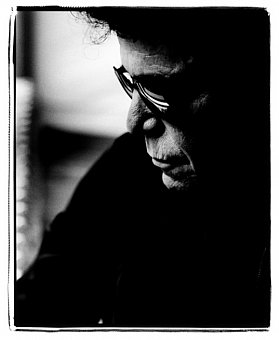
Some great rock albums have been inspired by death. Deaths of friends were at the heart of Neil Young’s bleak Tonight’s the Night, death of belief and the spirit fuelled John Lennon’s abrasive Plastic Ono Band album.
In 1990 Lou Reed – with John Cale – took the death of friend Andy Warhol (1928-87) to craft the poetic, affecting and quasi-biographical Songs for Drella cycle, then two years later he used the deaths of two friends for Magic and Loss, a mesmerising collection of refined, lean songs.
It’s was commonplace observation at the time to note that Reed was on a roll.
His New York album of ‘89 was a class act; Drella, although more demanding, was its equal. And Reed, whose poetry had appeared in the Paris Review and who at the time of Magic and Loss had just published his collected lyrics, had always considered himself a Serious Artist whose “spoken word” pieces (The Day John Kennedy Died and Families) were littered around albums over the years. It began way back with Sweet Jane.
With Drella, (less so New York, although you could make the case) and Magic and Loss however he took to crafting that style into ambitious, integrated album-length outings . . . and he had the wit, smarts and humour to pull it off.
You couldn’t imagine anyone else getting away with the final line in Last Great American Whale off New York, for example.
In parts, on paper at least, Magic and Loss looked almost too harrowing to be approached.
Facing down the deaths of friends Doc Pomus (who wrote, among other things, Save the Last Dance for Me) and someone known to us only as Rita (a transexual from Warhol's Factory), Reed hits the cruel realities of death in the hospital ward, but also wove a lyrical spell with music which was often spartan and sometimes moving in its simplicity (the melancholy beauty of Harry’s Circumcision).
In a litany of images about what good is life without these friends, Reed includes “life’s like Sanskrit read to a pony . . . what’s good? Life’s good . . . but not fair at all.”
From that kind of initial despair and helplessness he dealt with it through specifics: “Radiation kills both bad and good, it cannot differentiate” and “I see you in the hospital your humour intact, I’m embarrassed by the strength I seem to lack“.
By the slap drum of Gassed and Stoked he was concluding “my friends are blending in my head, they’re melding into one great spirit . . . and that spirit isn’t dead.”
What saved all this from being one big downer, some kind of morose journey through the shadows, was Reed’s sometimes detached delivery which nudged his natural cynicism into a corner.
And with the same kind of musical simplicity which is now his style in the New York/Drella projects, Reed brought in savage, controlled guitar or cut right back to a drum/bass backdrop.
Magic and Loss was never going to be an easy album (for Reed to make, for us to hear) but it is unquestionably one of his best.
He has certainly done nothing since that quite matches it for pure emotional impact.
It isn’t an album just about death – it’s about loss and reconciliation.
In the final, title track he resolves all the conflicts as best he can: “They say no one person can do it all, but you want to in your head. But you can’t be Shakespeare and you can’t be Joyce so what is left instead? You’re stuck with yourself and a rage that can hurt you. You just have to start at the beginning again and just this moment this wonderful fire started up again . . . there’s a bit of magic in everything and then some loss to even things out.”
That’s about as true as life gets and you can’t help but feel that, while Lou might be a tetchy, chin-first kind guy, Doc and Rita were lucky to have him around.

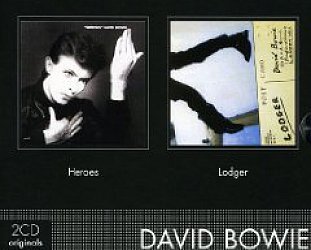
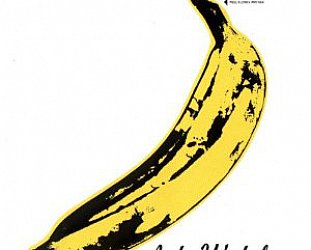

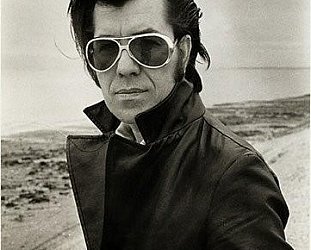
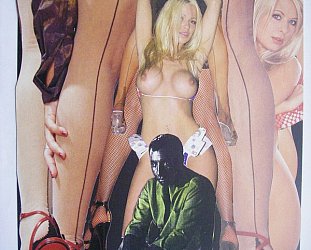

post a comment